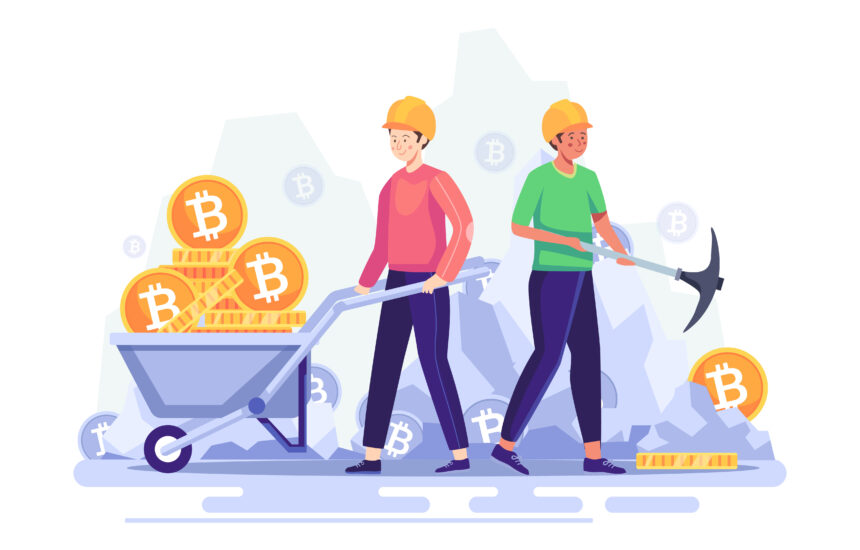In recent years, Non-Fungible Tokens (NFTs) and cryptocurrency mining have gained significant attention in the global financial landscape. South Africa, with its growing digital ecosystem and vibrant tech scene, has not been immune to this trend. Both NFTs and cryptocurrency mining offer unique opportunities and challenges for South Africans looking to explore these emerging markets.
NFTs, which are unique digital assets that can represent ownership or proof of authenticity of a digital item, have seen a surge in popularity and value. From digital art and collectibles to virtual real estate and domain names, NFTs have opened up new avenues for artists, creators, and investors to monetize their digital creations. South Africa, with its rich cultural heritage and talented artists, has seen a rise in local artists embracing the NFT market.
One of the significant opportunities NFTs present is the potential for artists to reach a global audience and receive fair compensation for their work. In the traditional art market, many South African artists have struggled to gain recognition and fair value for their creations. NFTs offer a decentralized and transparent platform where artists can directly connect with buyers, eliminating the need for intermediaries and potentially increasing their revenue streams.
Additionally, NFTs have the potential to empower underrepresented communities and preserve cultural heritage. South Africa, with its diverse cultures and traditions, can leverage NFTs to showcase and preserve its rich history. By tokenizing cultural artifacts, traditional music, and indigenous knowledge, NFTs can provide a means for communities to share their heritage with the world while ensuring proper recognition and compensation.
On the other hand, cryptocurrency mining, the process of validating and verifying transactions on blockchain networks, presents a different set of opportunities and challenges. South Africa is rich in mineral resources, and its energy infrastructure can potentially support cryptocurrency mining operations. Mining cryptocurrencies like Bitcoin requires powerful computing equipment and a significant amount of electricity. South Africa’s mining industry, with its expertise in extractive industries, can potentially tap into this emerging market.
However, there are challenges to consider. Electricity availability and cost are critical factors for profitable cryptocurrency mining. South Africa has faced energy supply challenges in the past, with rolling blackouts and load shedding. Stable and affordable electricity supply is essential for successful mining operations. The government and industry stakeholders need to address these concerns to attract cryptocurrency miners and reap the economic benefits associated with the industry.
Regulatory clarity is another challenge that South Africa needs to tackle. The decentralized and borderless nature of cryptocurrencies presents regulatory dilemmas for governments worldwide. It is crucial for South Africa to establish clear guidelines and frameworks that balance innovation and investor protection. A well-regulated environment will attract legitimate players and mitigate the risks associated with fraud and money laundering.
Moreover, there is a need for education and awareness regarding NFTs and cryptocurrencies. Many South Africans may not be familiar with these technologies and their potential impact. By promoting digital literacy and providing resources for individuals and businesses to understand the benefits and risks, South Africa can foster an environment conducive to NFTs and cryptocurrency mining.
In conclusion, NFTs and cryptocurrency mining offer both opportunities and challenges for South Africa. NFTs present a new way for artists to monetise their work and showcase their cultural heritage, while cryptocurrency mining has the potential to leverage the country’s resources and expertise. However, addressing challenges such as energy supply, regulation, and education is crucial for South Africa to fully tap into these emerging markets. By doing so, South Africa can position itself as a leading player in the global digital economy and unlock economic growth and innovation.










